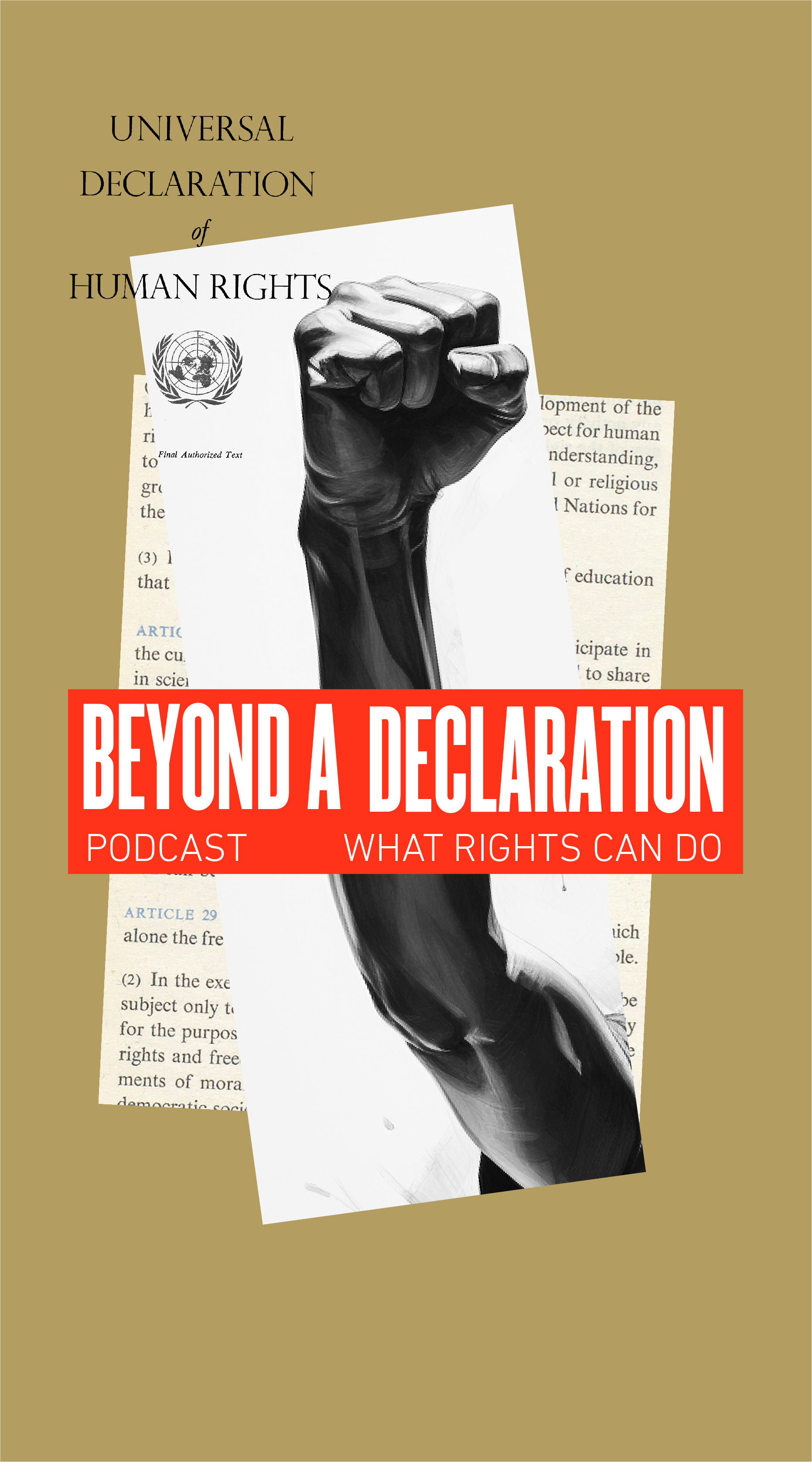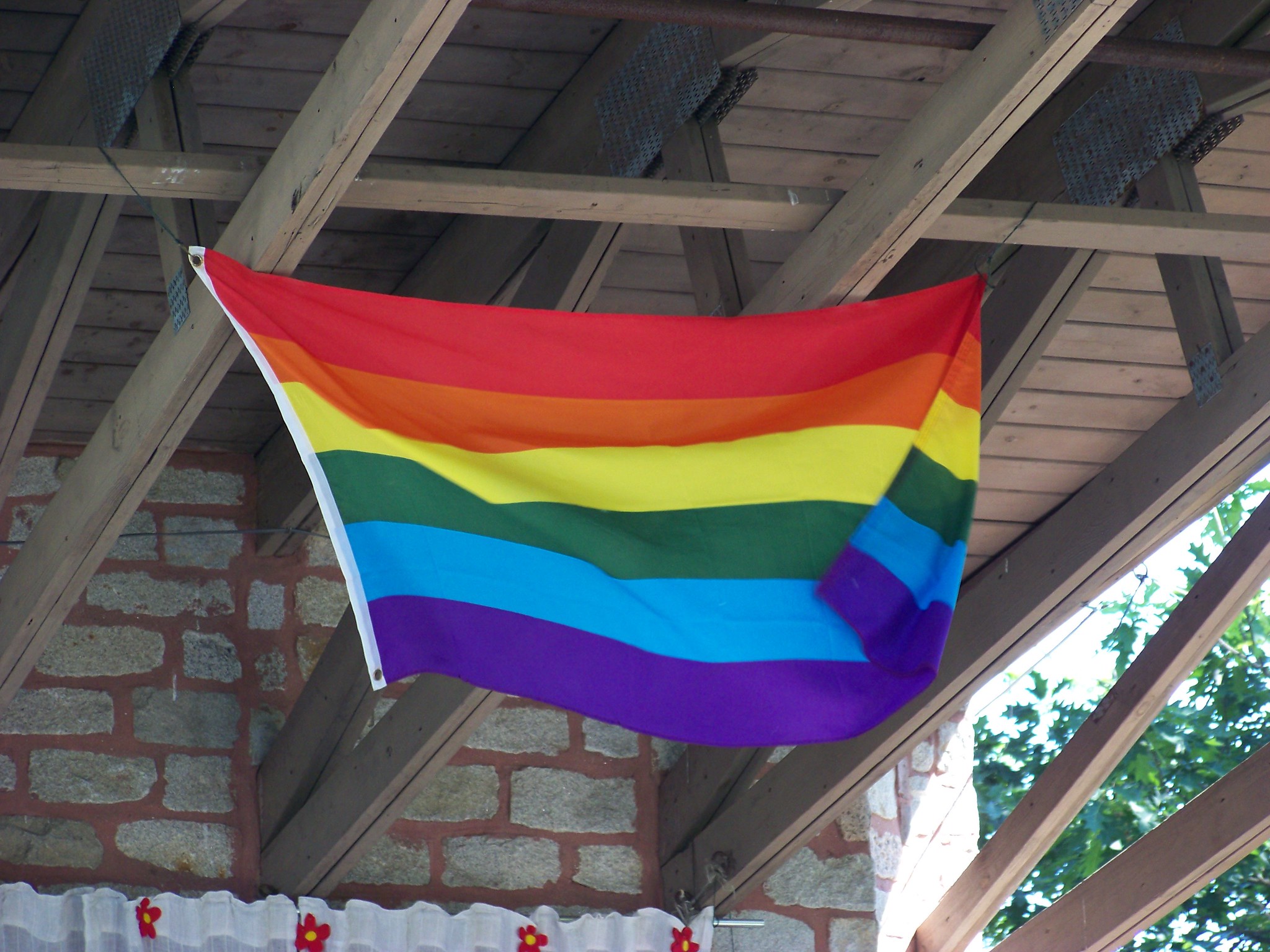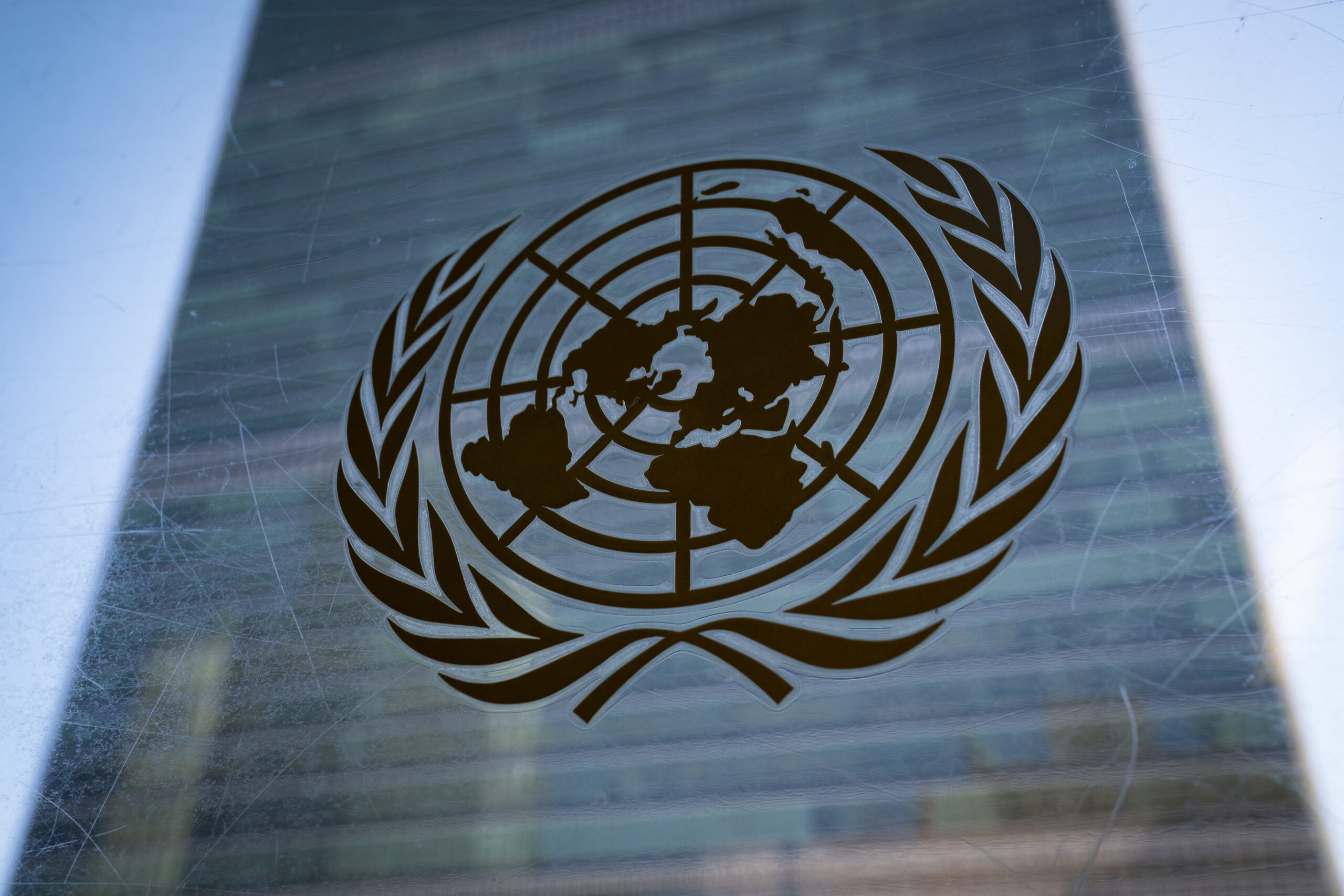75 years of history and struggles of social movements and human rights defenders throughout the world teach us today that the material and symbolic effectiveness of the Universal Declaration of Human Rights depends essentially on its perfectibility and adaptability to the living and fighting social forces of the five continents. One of the greatest challenges that the Declaration faces in this sense consists in responding to the way in which an instrument built through the discursive hegemony of the West and from the particularities of a predominantly Euro-Atlantic history, can approach the struggles and processes of movements and social groups in all corners of the world. Talking about this challenge is addressing the necessary decolonization of the declaration, its discursive content, its uses, and its interpretations. This decolonization exercise is essential to think a declaration that approaches the peripheries of the world and the experience of the peoples in struggle.
Conceived as an effective instrument of International Law to safeguard the dignity of the human person, the Declaration responded, at the time of its creation, to a context determined by two fundamental situations: the second post-war period and the colonial reality. These two situations, in turn, determined the characteristics of a declaration that, at the same time that was inspired by the values of the bourgeois revolutionary sequences in Europe, and looked directly at the devastating effects of the war in the old continent; it turned its back, not only on the experience of exploitation and dispossession suffered by the territories subject to the domination of the great colonial Empires, but also on “alter-modern” ways of life, condemned through the legal and economic discourses of the West, including the Declaration, to become “modern”, this is, condemned to become in the image and likeness of a “civilized” Europe.
In this context, the Declaration was born in 1948 being heir to an inevitable contradiction. The Europe that was horrified by the forced labor and extermination camps of Nazi Germany, considered laxly, at the same time, the tyranny of the colonial regimes and the violent military and police actions of France and England in the occupied territories, to preserve their political and economic control. As Frantz Fanon denounced in his vehement reproach to the liberal hypocrisy of Post-war Europe, Europe “talked endlessly about man at the same time that it slaughtered him wherever it found him, on every corner of its own streets, in all corners of the world. This Europe that never stops talking about man, to proclaim that its only concern was man, we all know today with what suffering humanity has paid for each of the victories of its spirit” [1]
Regardless of the fact that most of Africa, Central Asia and Pacific Asia were not part of the UN, nor of most international cooperation instruments by 1948, and that the declaration itself announced the recognition and application of human rights “among the peoples of the Member States as well as those of the territories placed under their jurisdiction”, the different legal, philosophical and political components of the Declaration were dependent on an essentially European and discursive historical construction of human rights and heirs of a Universal built through the fragmentation of a totality and the generalization of one of its parts.
The subject of rights, for example, understood by the Western legal discourse as a center of imputation of rights and responsibilities, and by the Universal Declaration of Human Rights in the terms of “free and equal beings, endowed with reason and conscience” , demonstrates the way in which the concepts that made up the declaration and other instruments of international law, are at the origin of an onto-epistemological limitation that, both from the point of view of its enunciation and its materialization, converts its universalist claims in multiple forms of violence against the diversity of the world.
The individualist and liberal point of view from which essential concepts such as dignity and human rights were enunciated, affirmed the universality of a vision of natural law, that at the same time that recognizes rights as innate, inherent to human nature (understood as such in a strict dualist, rationalist and modern sense), it ignores the sociological dimension of the historical processes and struggles of peoples that throughout history and in all parts of the world, have fought for their own understandings of dignity and good living, in senses as diverse as divergent from the vertical universal of the declaration.
It is in response to these arguments, and to many others that we will not mention now, that we affirm that the Declaration, as it was conceived and as it is interpreted and materialized in various geographies of the planet, has a natural tendency to “move away” from the peripheries of the world and from “alter-modern” forms of life. In this sense, and to make the declaration an effective and useful instrument for the demands of social movements throughout the world, it is necessary to reflect on the question: How to approach the declaration to the realities of the peripheries of the world?
Although there is no single answer to this question, there is no doubt that the inclusion of other epistemic keys and other ontological realities in the interpretation of the Declaration becomes an unavoidable action. For this, it is necessary to learn from the denied ways of life and the historical and political processes that determine the emancipatory struggles of the “peripheries of the world”. The understanding of “other” forms of life, as well as the struggles for their survival, will allow not only the inclusion of points of view, but also of interpretative realities, discursive ensembles, militant practices, etc. In short, it is necessary to participate actively and militantly in a politics of meaning from which the meanings and uses of the declaration can materialize in effective tools at the service of social movements.
In this politics of meaning, it is therefore necessary to approach the onto-epistemological points of view of the marginalized communities of globalization and international law, to privilege their interpretations regarding what constitutes the fundamental nucleus of human rights: the human dignity and the right to a dignified life. To approach these points of view, we need to abandon the universalist position of a vertical interpretation of dignity and human rights that is imposed in the hegemonic discourses of international law. Academics, jurists, humanitarian workers, and all those working for the effective implementation of the Declaration around the world must consciously take up the challenge of “deterritorializing” their own interpretations, to make way for new and more inclusive forms of understanding and applying the Universal Declaration of Human Rights in geographies historically marginalized from the formal and institutional spheres of international cooperation and solidarity.
Only from the inclusion of historically marginalized epistemic and ontological points of view, will the Declaration be able to materialize its universality in a Universal like the one defined by Aimé Césaire: “a universal enriched by all that is particular, a universal enriched by every particular: the deepening and coexistence of all particulars”. [2]
[1] Frantz Fanon. Los condenados de la tierra. Fondo de Cultura Económica, Ciudad de México, 1983
[2] Aimé Césaire. Lettre à Maurice Thorez (1956). https://www.humanite.fr/node/488777
About the author: Esteban González Jiménez holds a PhD from the University of Paris 8 and the Center for Research in Modern European Philosophy of Kingston University (London). He is a researcher at the Research Groups in Critical Studies (Universidad Pontificia Bolivariana, Colombia ) and Mondes Caraïbes et transatlantiques en mouvement (FMSH/CNRS France).
Top photo: AP Photo/Peter Dejong



